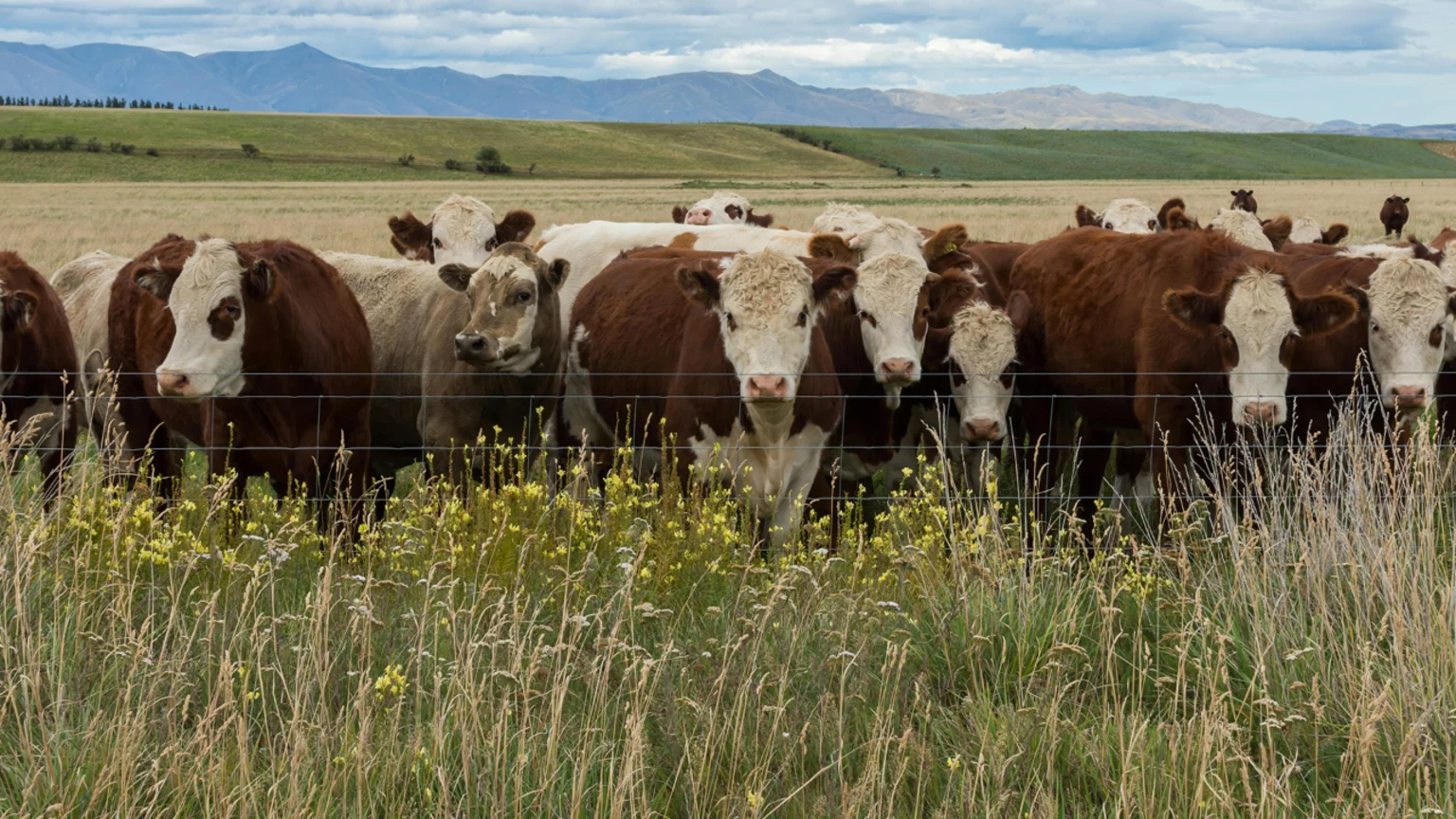Science
Shaping a new era in Farming with Tuberculosis control innovations

Published by Dominic George
12 Mar 2024
Tuberculosis (TB) control and monitoring in NZ wildlife and farm animals is an ongoing job in Aotearoa. Danny Templeman, who is the General Manager of Service Delivery in the South Island for OSPRI joins Dom George following news that TB has been rolled back and explains what this means for farmers both short and long term.
"Things will change for about 600 herds and it means farmers don't have to test their livestock as frequently, which is good news," he says.
This significant change reflects New Zealand's strides in controlling TB, easing the regulatory burden on farmers, and is seen as tangible evidence that the national TB plan is working effectively.
Another important aspect is the cessation of pre-movement testing within 60 days and the shift to testing livestock over 12 months old. These changes, as Templeman explains, are based on annual assessments of wildlife control and TB testing results, which allow for a recalibration of risk and subsequently reduce the burden on farmers.
"Farmers don't have to spend as much time with us undertaking the testing on their farms, [which in turn gives them] a few more options and just less regulations."
The conversation also touches upon the ongoing investment in pest control, particularly targeting possums, which are a known reservoir for TB in New Zealand.
"OSPRI spends around $30 million a year on pest control to reduce the presence of TB within the possum population."
This approach has led to a reduction in the TB risk area from over 10 million hectares to just over 6 million hectares. Comparing New Zealand's TB management to other countries like the UK, Templeman notes a significant difference in the level of farmer involvement and investment in New Zealand, which has been crucial to the success of the TB control program.
"We go back to 1995. We had around 1700 infected herds... Today we're getting down to less than 20 herds across the country."
Templeman provides an informative update on the current state of TB management in New Zealand's livestock, emphasising the positive impacts of new testing protocols, ongoing pest control efforts, and the collaborative approach taken by farmers, industry, and the government in combating this disease.
Listen to the full chat between Danny Templeman and Dominic George above.
To check out more episodes listen to the REX Podcast anytime on your favourite streaming platforms including Spotify, Apple Music and Rova or tune in to REX Mornings live on Magic from 5 am to 6 am every weekday.
Visit the Rural Exchange Facebook or Instagram page for more information and regular updates from the REX team.
Published by Dominic George
12 Mar 2024